Trump Administration Conjures Up New 'Terrorist' Designation to Justify Killing Civilians
The Trump administration has introduced a new label, "designated terrorist organizations" (DTOs), to justify lethal drone strikes against civilians in the Caribbean. The move comes as the U.S. military faces scrutiny over its attacks on boats suspected of drug trafficking.
According to three sources familiar with a briefing on Capitol Hill last week, the U.S. military relied on Article 2 of the Constitution and claimed that the suspected traffickers are affiliated with DTOs. This label has previously appeared in government publications but lacks a clear definition. A defense official, who spoke to The Intercept on condition of anonymity, called the label "meaningless."
The new designation was used in President Trump's two-page War Powers letter to Congress following the first boat strike on September 2 and in one of his TruthSocial posts. The administration has been under pressure to justify its attacks on civilians, with many questioning whether the strikes are lawful.
The use of the DTO label raises concerns about the erosion of international law and the disregard for human rights. "This is a classic example of the 'war on terror' logic being applied to new contexts," said Dr. Neta Crawford, a professor of international relations at Boston University. "It's a way of justifying violence against civilians without having to follow the rule of law."
The Trump administration has been accused of using the DTO label as a pretext for killing civilians. The use of drone strikes in the Caribbean has sparked outrage among human rights groups and some lawmakers, who argue that the attacks are unlawful and violate international norms.
The U.S. military's reliance on Article 2 of the Constitution to justify its actions is also being questioned. Article 2 grants the president broad powers as commander-in-chief but does not explicitly authorize drone strikes against civilians.
As the controversy surrounding the DTO label continues, human rights groups and lawmakers are calling for greater transparency and accountability from the Trump administration. "We need to know more about how this designation is being used and what criteria are being applied," said Rep. Ro Khanna (D-Calif.), a member of the House Armed Services Committee.
The use of the DTO label has sparked debate among international experts, with some arguing that it undermines the rule of law and others seeing it as a legitimate tool for combating terrorism. "This is a complex issue, and we need to be careful not to conflate terrorism with other forms of violence," said Dr. Peter Bergen, a senior vice president at New America.
The Trump administration's reliance on the DTO label has raised concerns about its commitment to upholding international law and respecting human rights. As the controversy continues, it remains to be seen whether the administration will provide greater transparency and accountability for its actions.
Background:
The U.S. military began its lethal attacks on boats in the Caribbean last month.
The Trump administration has been under pressure to justify its attacks on civilians.
Human rights groups and lawmakers have questioned the lawfulness of the drone strikes.
Additional Perspectives:
Dr. Neta Crawford, professor of international relations at Boston University: "This is a classic example of the 'war on terror' logic being applied to new contexts."
Rep. Ro Khanna (D-Calif.), member of the House Armed Services Committee: "We need to know more about how this designation is being used and what criteria are being applied."
Current Status and Next Developments:
The controversy surrounding the DTO label continues, with human rights groups and lawmakers calling for greater transparency and accountability from the Trump administration.
The U.S. military's reliance on Article 2 of the Constitution to justify its actions remains a point of contention.
The use of the DTO label has sparked debate among international experts, with some arguing that it undermines the rule of law and others seeing it as a legitimate tool for combating terrorism.
*Reporting by Theintercept.*
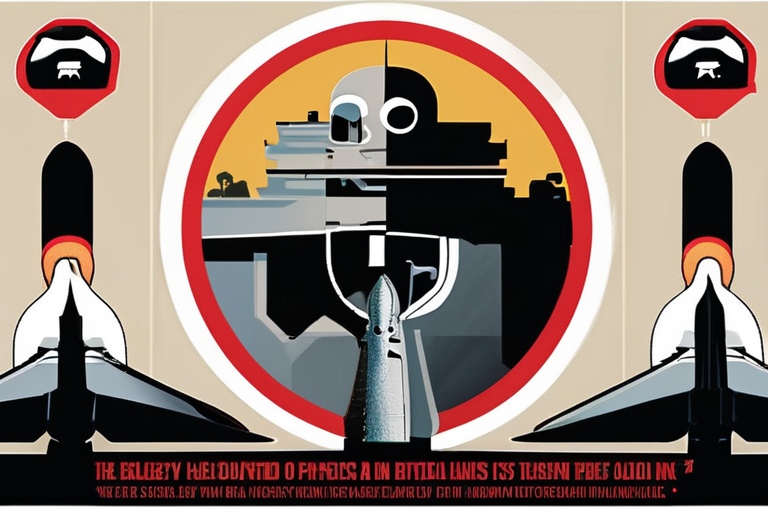

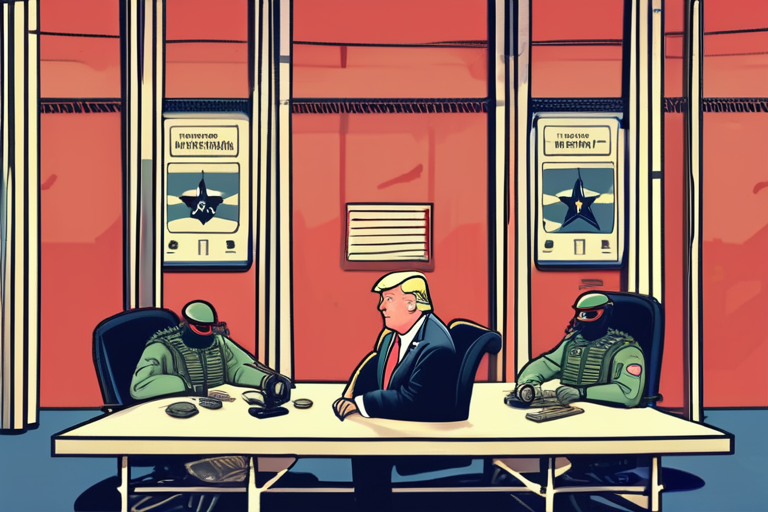
 Hoppi
Hoppi
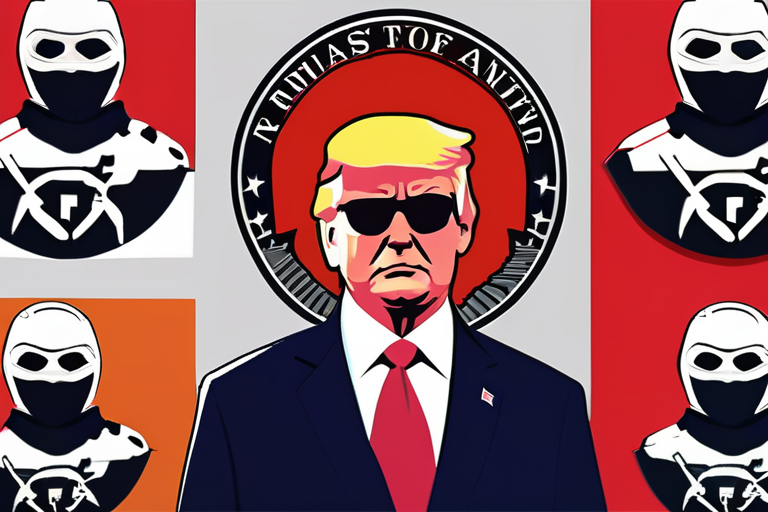
 Hoppi
Hoppi

 Hoppi
Hoppi
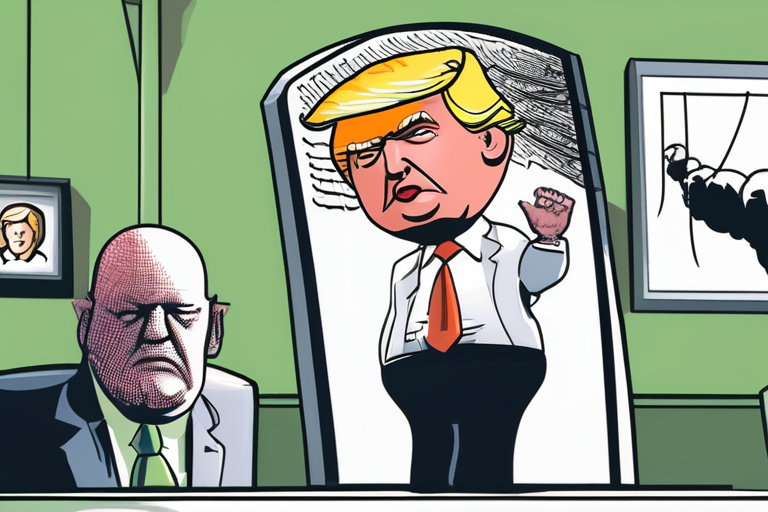
 Hoppi
Hoppi
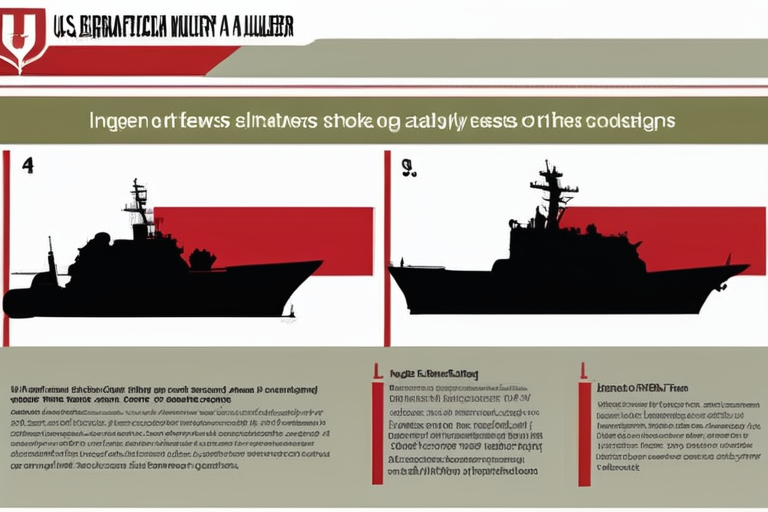
 Hoppi
Hoppi

 Hoppi
Hoppi











